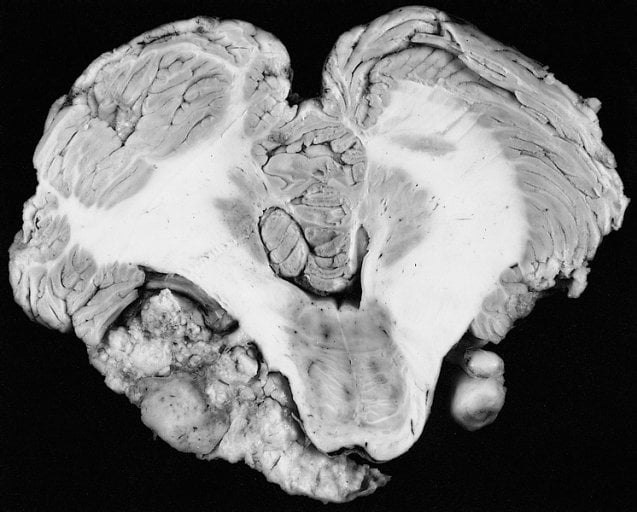One in 25,000 people worldwide is affected by neurofibromatosis type 2 (NF2), a condition where the loss of a tumour suppressor called Merlin results in multiple tumours in the brain and nervous system.
Sufferers may experience 20 to 30 tumours at any one time and such numbers often lead to hearing loss, disability and eventually death. Those with NF2 may also experience peripheral neuropathy, which is when the nerves carrying messages to and from the brain and spinal column to the rest of the body do not work.
Peripheral neuropathy leads to further complications for NF2 sufferers, such as pain and numbness, muscle problems, problems with body organs and other symptoms of nerve damage, such as bladder problems, uncontrollable sweating and sexual dysfunction.

Researchers from Plymouth University Peninsula Schools of Medicine and Dentistry are part of an international research team which has for the first time identified the role of a tumour suppressor called Merlin in regulating the integrity of axons. Axons are nerve fibres which transmit information around the body and it is these are that damaged in peripheral neuropathy.
The research team showed that Merlin regulates a protein called neurofilament which supplies structural support for the axon.
A better understanding of this mechanism could lead to effective drug therapies to alleviate the symptoms of peripheral neuropathy in patients with NF2.
The results of the research are published in Nature Neuroscience.
Notes about this neuropathy research
In addition to researchers from Plymouth, the remaining research team came from the Leibniz Institute for Age Research, University of Bonn, Université Paris, Friedrich Schiller University Jena, Washington University School of Medicine, University Medical Center Hamburg-Eppendorf, University Hospital Aachen and Center for Neural Tumor Research, Los Angeles.
Contact: Andrew Gould – University of Plymouth
Source: University of Plymouth press release
Image Source: The image is available in the public domain.
Original Research: Abstract for “Merlin isoform 2 in neurofibromatosis type 2–associated polyneuropathy” by Alexander Schulz, Stephan L Baader, Michiko Niwa-Kawakita, Marie Juliane Jung, Reinhard Bauer, Cynthia Garcia, Ansgar Zoch, Stephan Schacke, Christian Hagel, Victor-Felix Mautner, C Oliver Hanemann, Xin-Peng Dun, David B Parkinson, Joachim Weis, J Michael Schröder, David H Gutmann, Marco Giovannini and Helen Morrison in Nature Neuroscience. Published online March 3 2013 doi:10.1038/nn.3348







